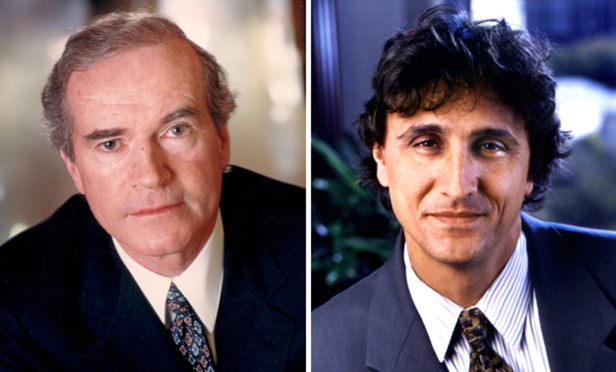The provision of health care has never been the exclusive province of doctors, nurses and hospitals, and in recent decades the number of different professions involved in providing medically related services has seemingly grown almost exponentially. When the providers of these allied health care fields perform their functions in a negligent manner, the ramifications can be as severe as any medical malpractice. Pharmacists are professionals who have long had a close and important relationship to the provision of medical care. Some 16 years ago, we explored the boundaries of pharmacists’ liability for negligence,1 and we revisit the subject in this month’s column.
Century-Old Precedent
The Court of Appeals set the standard for the liability of a pharmacy in New York just over a century ago in Willson v. Faxon, Williams & Faxon, 208 N.Y. 108 (1913). The plaintiff in that case purchased a box of pills called Kascara Kathartics from the defendant pharmacy. The label indicated that they were manufactured by the pharmacy and that they were intended for use as a laxative. The plaintiff, who had theretofore treated constipation with a preparation called cascara sagrada, testified that the pharmacy’s clerk told her that this product was the same, only in pill form. However, after the plaintiff used the product, she developed a condition known as mercurial salivation, which apparently results in a metallic taste in the mouth and excessive salivation.



